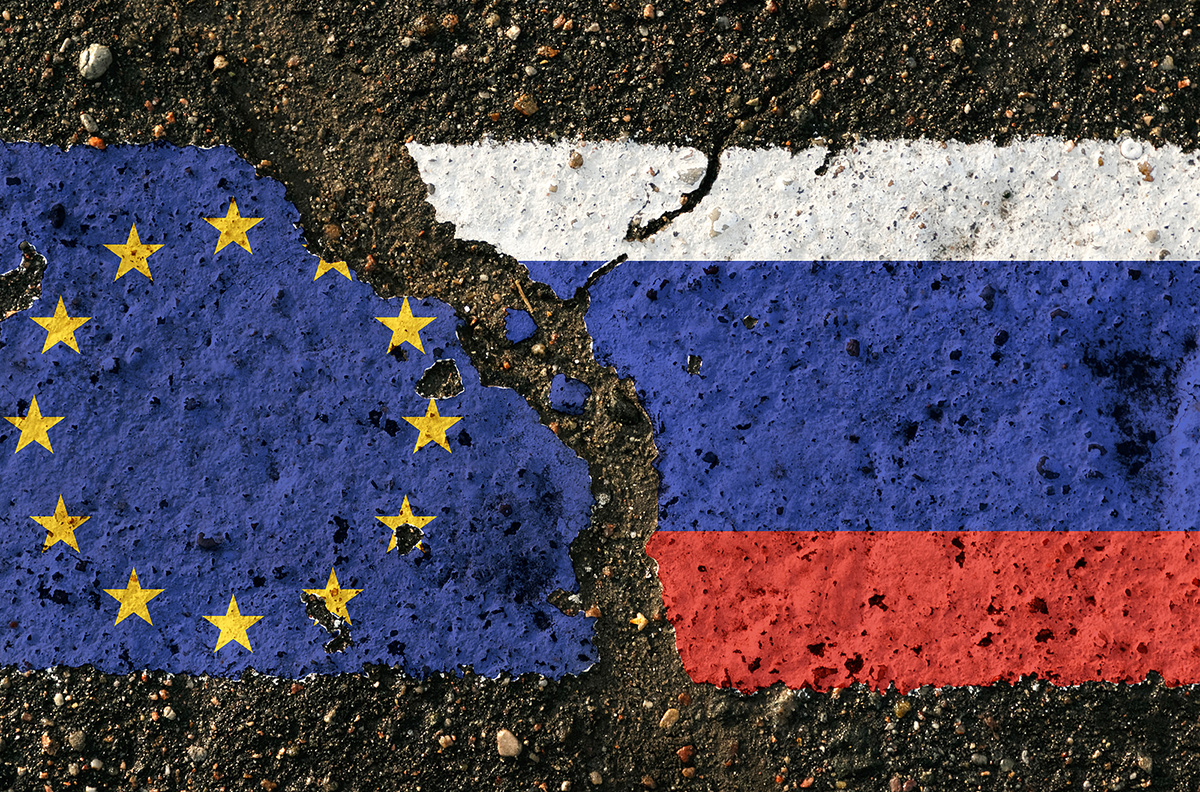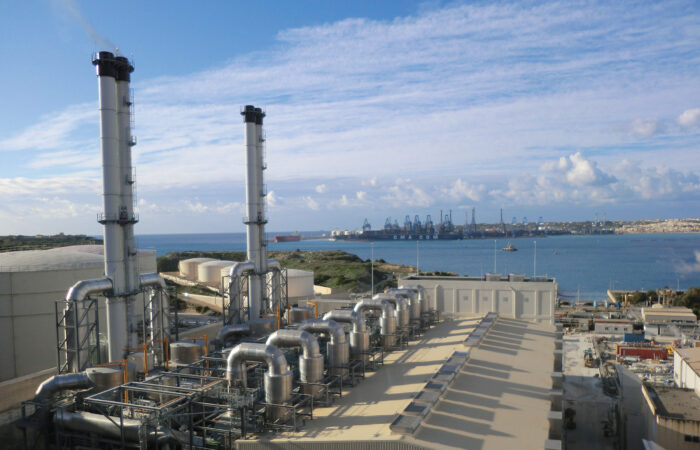Maria Demertzis*
When Russia invaded Ukraine in February 2022, the European Union had little experience of imposing sanctions. Numerous sanctions packages later, there is still significant doubt about their effectiveness. If the objective of sanctions is to reduce Russia’s ability to wage war, why haven’t they succeeded?
Sanctions are never easy to enforce globally. But in the case of sanctions against Russia, there are three reasons for the EU’s inability to achieve its objectives.
First, the EU started from a point of weakness. The EU’s dependency on energy meant it would only gradually reduce economic ties with Russia. In fact, in the first year of the war, the EU paid Russia €140 billion for energy. The EU had never imported much from Russia apart from energy, nor was Russia a major export destination for EU goods. Consequently, the sanctions packages that the EU imposed on Russia during the first year made very little difference to the stream of income that Russia received.
For example, the EU kept Gazprombank unsanctioned to this day, to be able to pay Russia for energy, and it conformed to Putin’s demand to be paid in rubles when he realised that he had no access to euros. It took until the end of 2022 to stop importing Russian oil. On gas, the EU reduced its imports in 2022 to about a sixth of the value that it imported in 2021 but has made no further progress in reducing imports.
The second reason that complicates enforcement of sanctions has to do with the lack of alliances. From the first round of votes in the UN Security Council, it was clear that not everybody condemned Russian aggression. Though not supporting Russia, many countries did not want to take a stand on the issue. Later in 2022, this apparent neutrality gave way to resentment as the war, which was perceived as a European problem, caused an unprecedented surge in energy prices that the whole world suffered from, particularly the poorest countries. None of these countries would consider cutting ties with Russia.
In addition, Russia has looked east to find new export destinations for its energy. While it is not easy to re-direct gas exports, when it comes to oil, China, India, and Turkey have managed to absorb what the EU used to buy. This does not mean that oil revenues are at the same level as when the EU was the biggest buyer, as Russia now trades from a point of weakness. But for all intents and purposes, Russia has managed to divert away from Europe by going east, an economic alliance that will only strengthen.
The third reason for the ineffectiveness of sanctions is that they contribute to an already fragmented global system, which further complicates their enforcement. Following the freezing of the Bank of Russia assets, countries have increased their diversification of foreign reserves in their balance sheets, away from the most tradable currencies. While the dollar and the euro have maintained their relative positions in international reserves, there was a global reduction of reserve holdings in 2022 by about 10%, in favour of more gold.
Furthermore, global interest in developing central bank digital currencies for wholesale purposes doubled at the start of the war. Most of the world’s financial flows use dollars and euros. Sanctions have cut Russia’s access to these currencies, in a bid to isolate Russia from international trade. This is not just about the currency in which the trade is done; it is also the underlying infrastructure that allows for the settlement of a transaction between any two parties. Central bank digital currencies for wholesale purposes, if and when they come into operation, will provide this settlement infrastructure, and hence reduce the need to depend on the dollar and the euro for settlement purposes. Sanctions contribute to world fragmentation and in this case, they do that possibly irrevocably.
The real difficulty with imposing sanctions is that not all agree with their legitimacy. The issue is not about imposing more sanctions. Rather, as the EU has found out, it is about having as many countries as possible agree on why they need to be imposed.
*Maria Demertzis is a Senior fellow at Bruegel and part-time Professor of Economic Policy at the School of Transnational Governance at the European University Institute in Florence. The article is published by Bruegel and is also posted on the blog of the Cyprus Economic Society.




